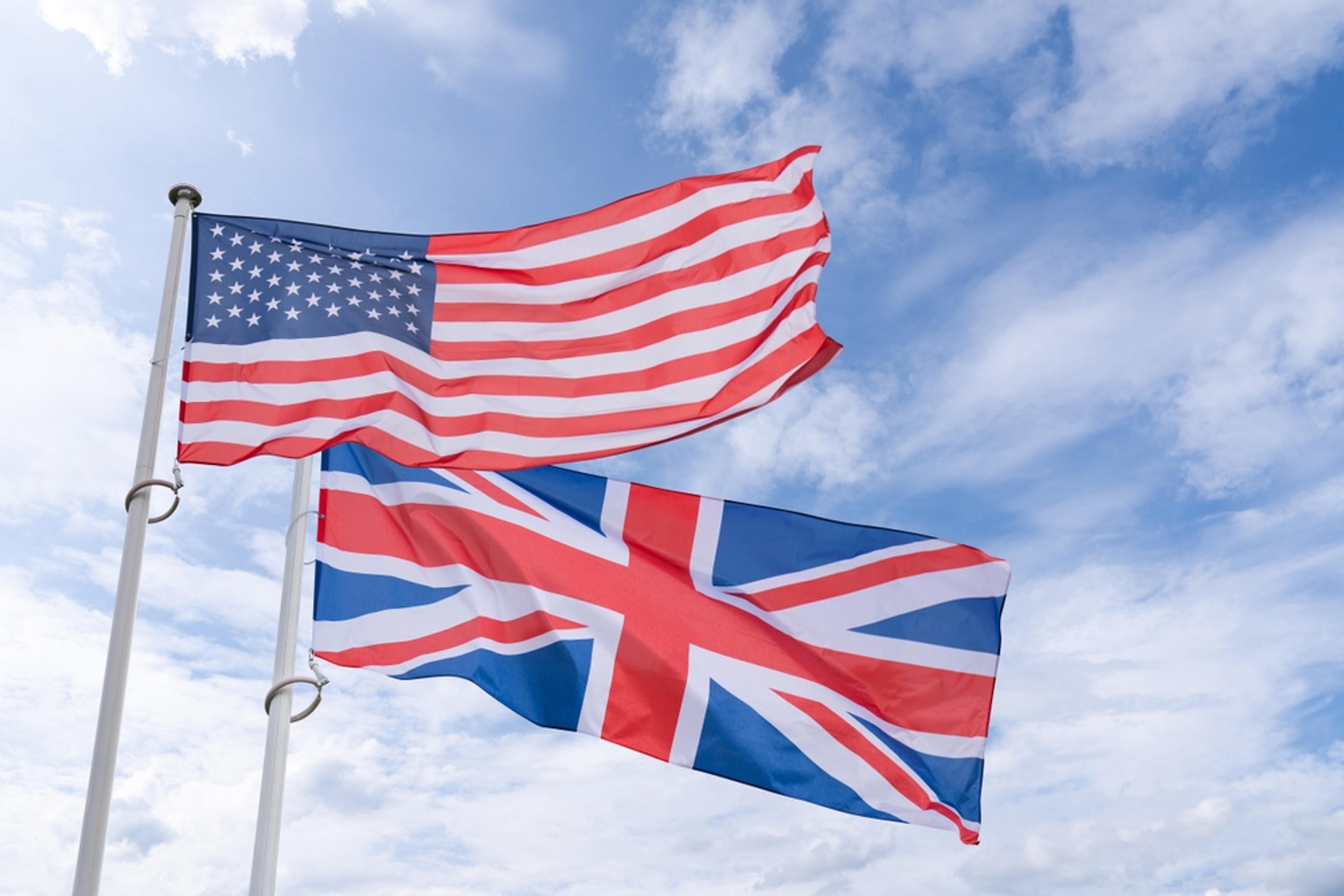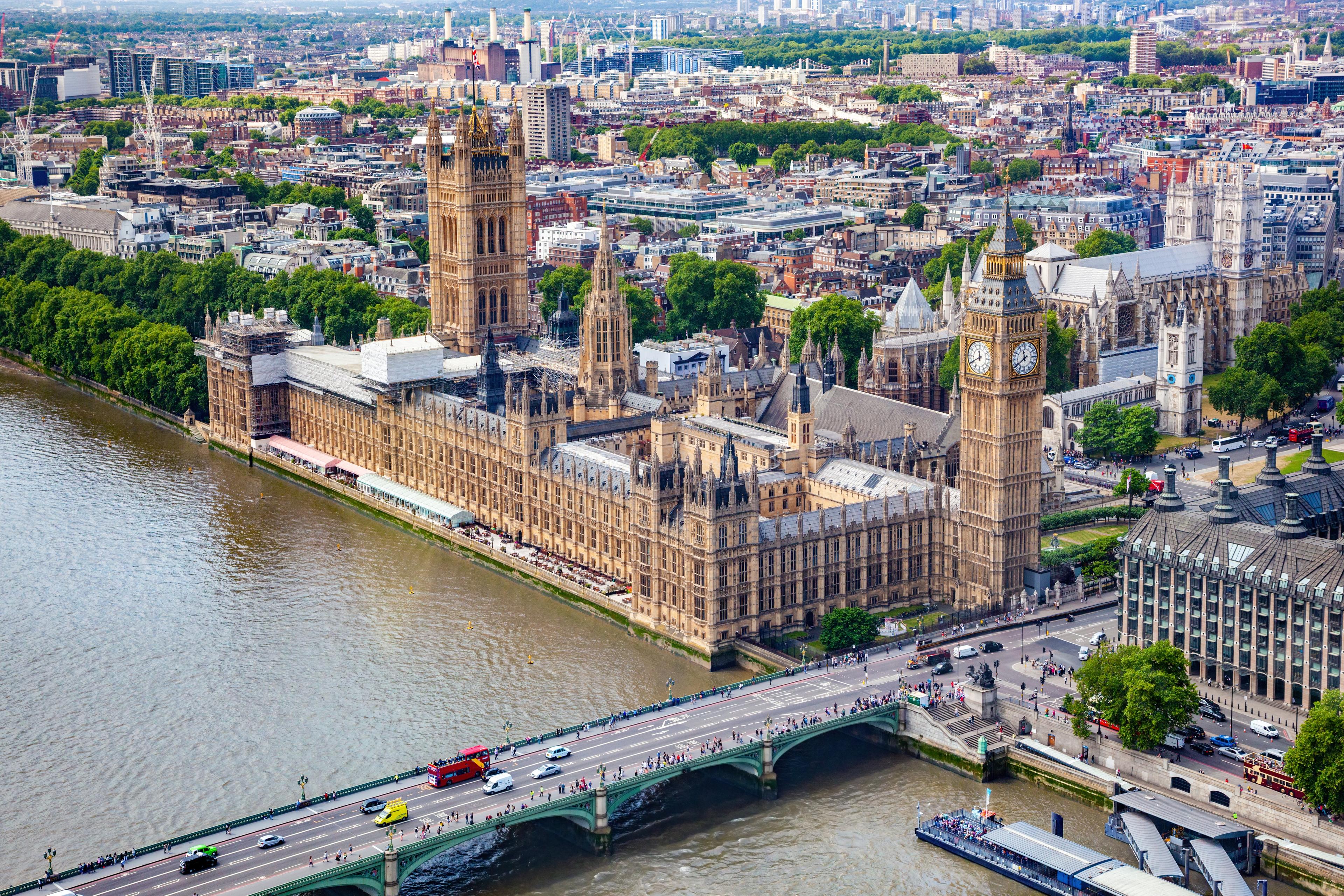Financial Planning Insights

Protecting your Business
We cover the importance of protecting yourself, family and your business or fellow partners against life’s uncertainties.
The Problem with NHS Pensions
The McCloud Remedy corrected an historic injustice for younger doctors. It restored their rights to the same pension terms as older doctors, finding that the 2015 transfer into a new scheme was unlawful under age discrimination rules.







